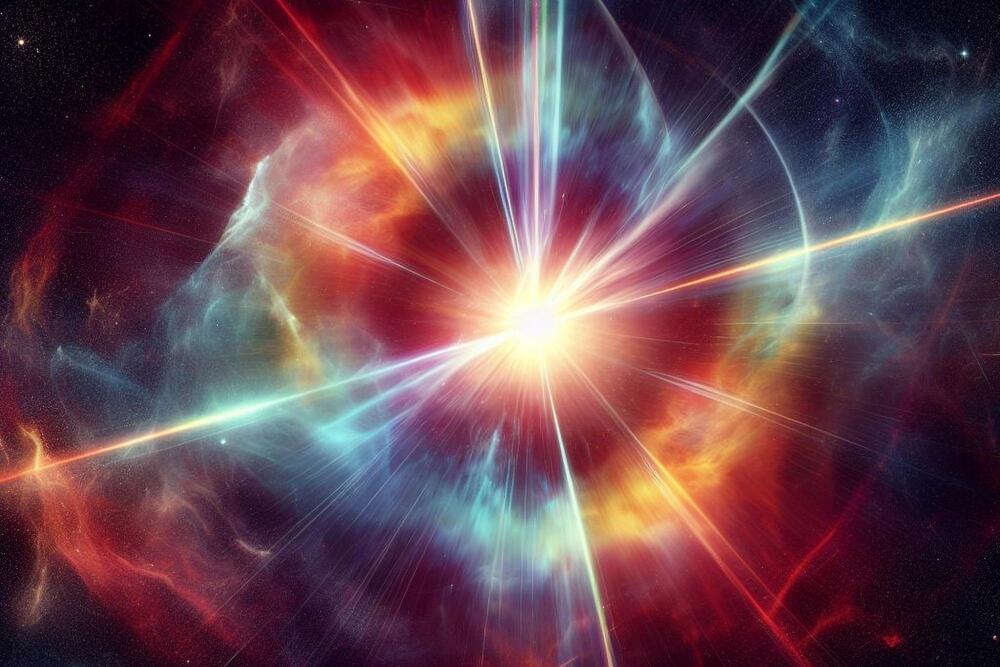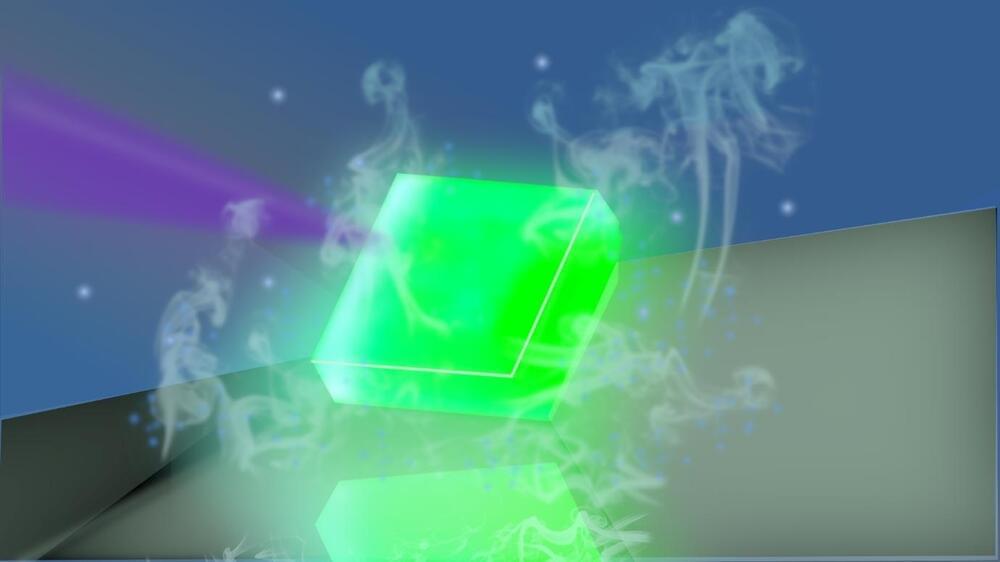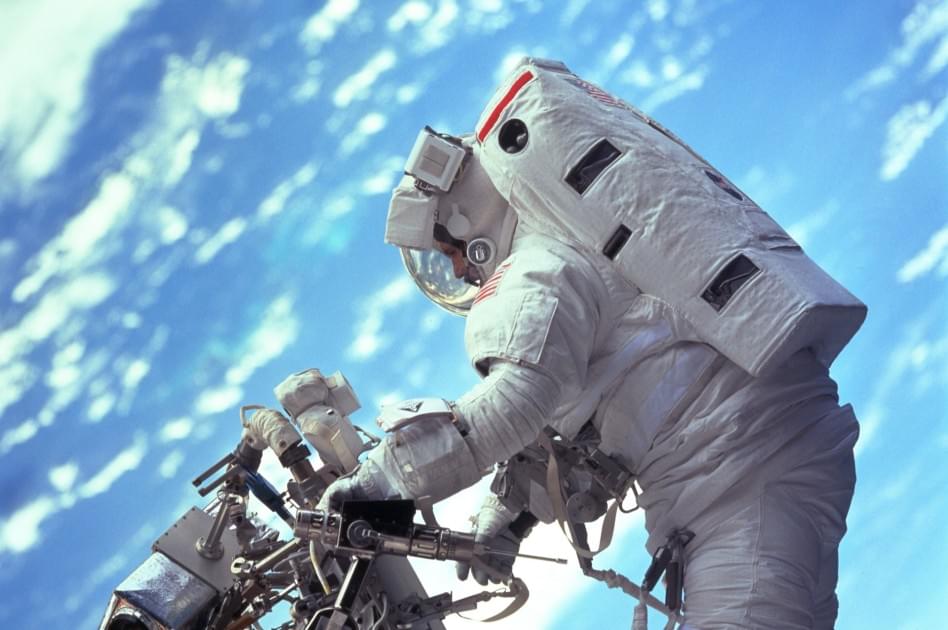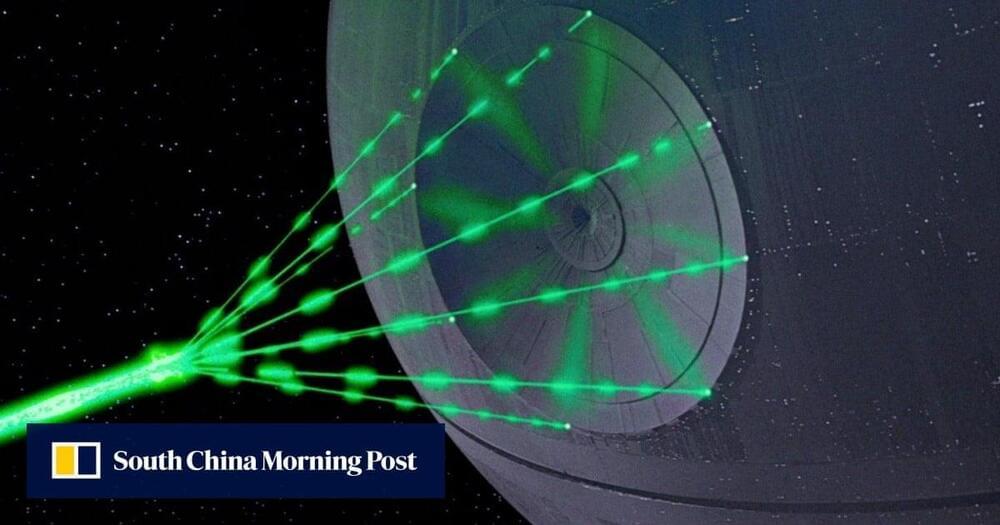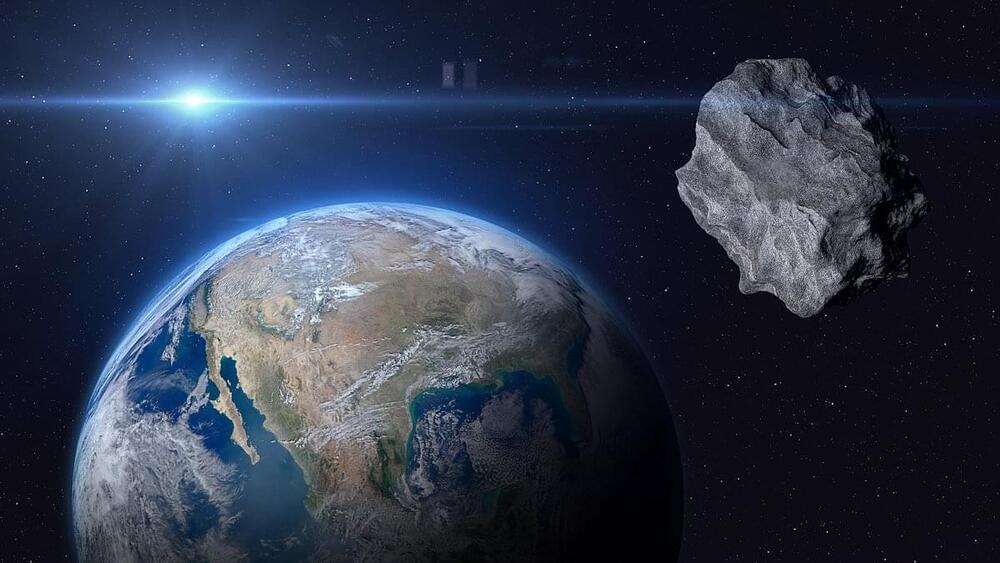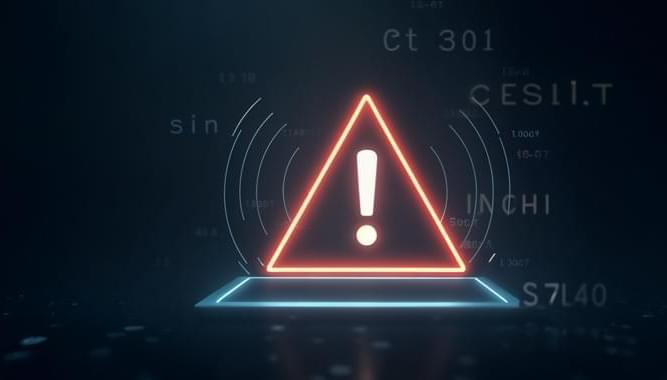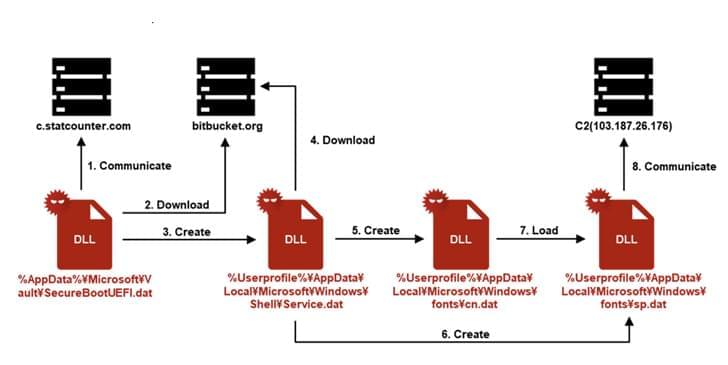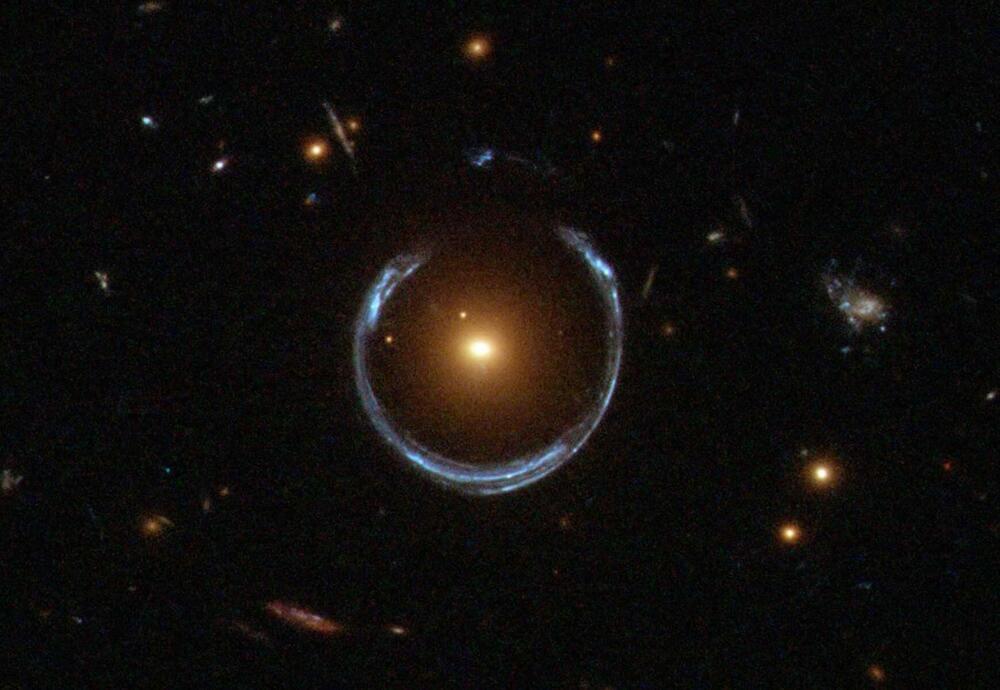Distortions in pulsar signals reveal flaws in galactic models, pointing to new opportunities for understanding the universe and studying cosmic waves.
By analyzing patterns in pulsar signals, researchers discovered discrepancies in existing models of how the galaxy impacts pulsar signals, suggesting that these models need updates. The findings not only deepen our understanding of the universe but also improve our ability to study phenomena like gravitational waves.
Dr. Sofia Sheikh from the SETI Institute led a groundbreaking study that explores how pulsar signals—emissions from the spinning remnants of massive stars—become distorted as they travel through space. Published on November 26 in The Astrophysical Journal, this research was conducted by a group of undergraduate students from the Penn State branch of the Pulsar Search Collaboratory, a student club dedicated to pulsar science.
